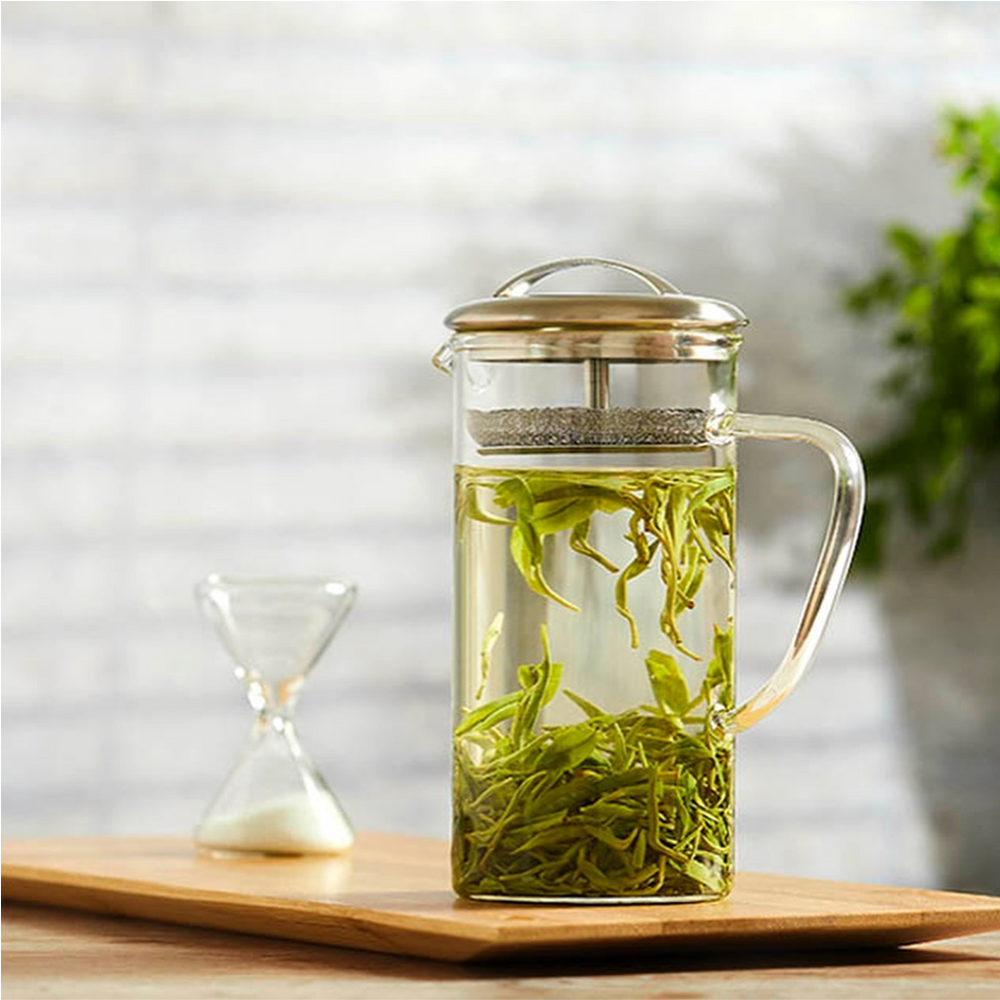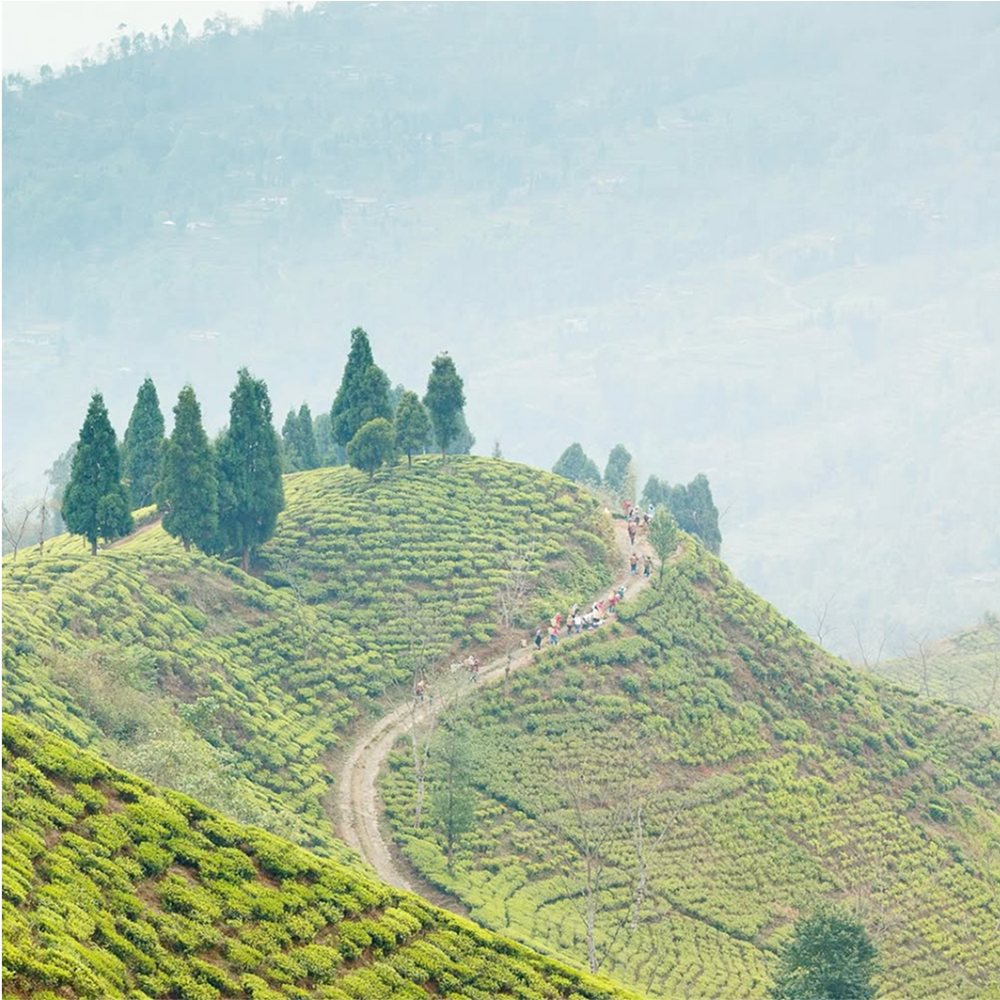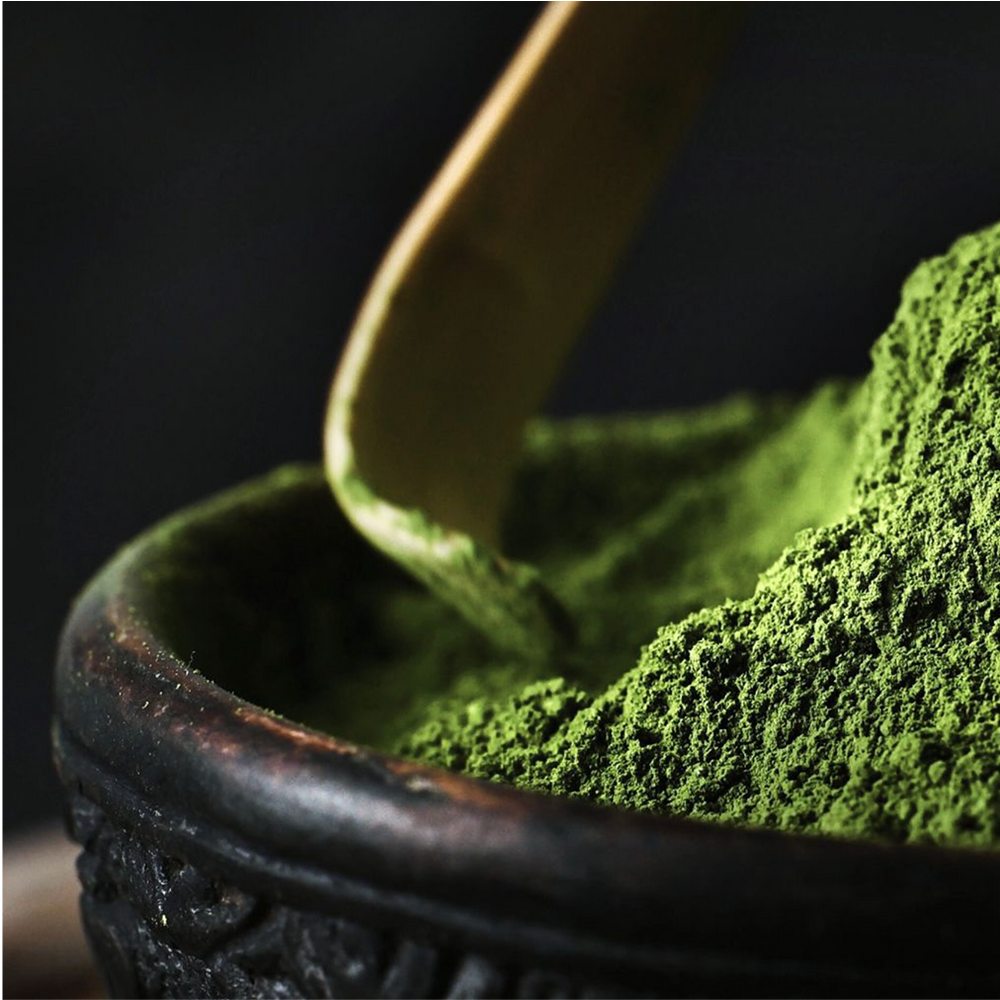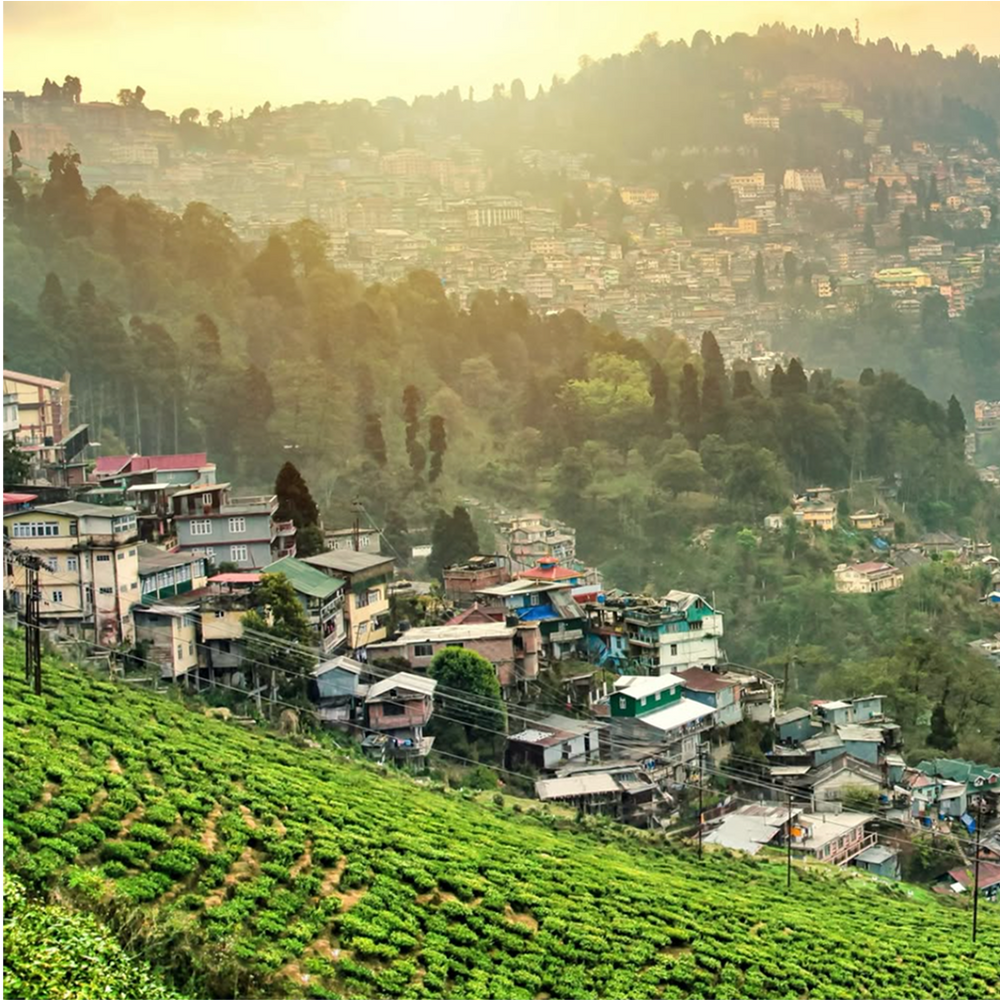Matcha Vs Coffee: Which is Better?
In a world where the daily grind seems relentless, the choice between matcha and coffee becomes more than just a preference, it's a lifestyle. Whether you're a dedicated coffee lover or curious about matcha's mystique, this guide delves into the captivating stories behind both drinks, offering insights to help you decide which best suits your energy needs.
What is Matcha?
Matcha is a vibrant green powdered tea, whisked into water to create a frothy, invigorating drink. This enchanting green tea comes from carefully shade-grown tea leaves, meticulously ground to unveil their full potential. Each sip takes you on a journey through luscious green fields, offering more than just refreshment—it's a taste of history, culture, and craft.
What does Matcha taste like?
Matcha tastes like fresh-cut grass mingled with a touch of sweetness, a stark contrast to coffee's bold, roasted flavours. Its grassy umami notes offer a unique experience for the palate, akin to biting into a sun-warmed tomato, full of life and brightness. While coffee brings warmth and intensity, matcha invites you into a serene, tranquil oasis of flavour.
Does Matcha have caffeine?
Yes, matcha does contain caffeine, but its effect is subtly different from coffee. With matcha, the release of caffeine is gradual, promising sustained energy without the crash. In contrast, coffee offers an immediate burst of alertness that can quickly wane, leaving you craving more.
How much Matcha should you consume?
Consuming one to two cups of matcha daily is often recommended, balancing its calming effects with its energy-boosting properties. For those curious to dive deeper, consider exploring established studies on matcha's health aspects—each offers a layer of understanding that enriches your tea experience.
Benefits of Matcha vs Coffee
-
Antioxidants: Matcha brims with antioxidants, more so than coffee, which help protect and rejuvenate the body.
-
Energy Regulation: Unlike coffee, matcha provides a gentle, long-lasting lift.
-
Calming Effects: The presence of L-theanine in matcha promotes calmness, whereas coffee can induce jitters.
-
Not Addictive: Matcha offers consistent enjoyment without dependency, contrasting coffee's addictive pull.
-
Teeth Health: Matcha’s chlorophyll naturally aids dental well-being, while coffee can stain.
-
Weight Loss: Matcha supports metabolism and is a proactive partner in weight management.
-
Ease of Preparation: Simple and ceremonial, making matcha connects you with tradition, elevating morning rituals.
How to make Matcha
Begin with high-quality matcha powder, a ceremonial bowl, and a bamboo whisk. Sift the matcha to avoid lumps, blend with a small amount of hot water, and whisk vigorously until frothy. Each preparation invites mindfulness and reflection, a touch that coffee's utilitarian drip lacks. To get started with your matcha journey, we have the essentials available on our website.
By diving into the stories and subtleties of matcha, you're not just choosing a drink, you're embarking on an adventure of taste, wellness, and cultural appreciation. Whether matcha or coffee, may your choice enrich your experiences and broaden your tea-tasting horizons.





Leave A Comment